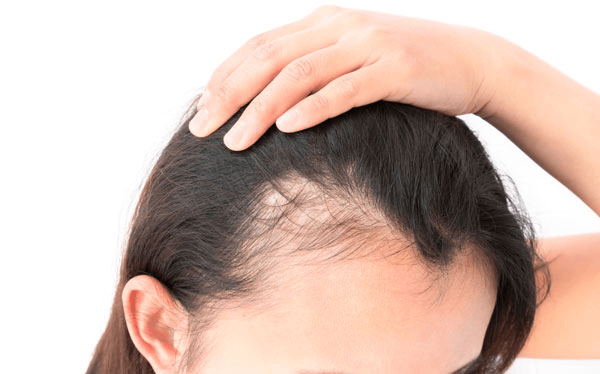Some hair loss is considered normal, but certain symptoms could signal a reason to be concerned with your mental, physical, or emotional health. Among the most common causes of hair loss are female and male pattern baldness, traction alopecia, and the use of certain medications. It is also possible for anxiety or stress to make you lose your hair.
If you are unsure why you are experiencing hair loss and think it may be stress, read the guide below. We will help you understand the differences between the ordinary symptoms of hair loss and a condition that could be linked with your mental and emotional wellness. With this information in mind, you can decide if you need professional assistance from a primary care physician or specialist. It may also motivate you to try an at-home treatment or therapy.

Afro American Hair and LLLT
How Does Dandruff Occur & How Can I Manage It?